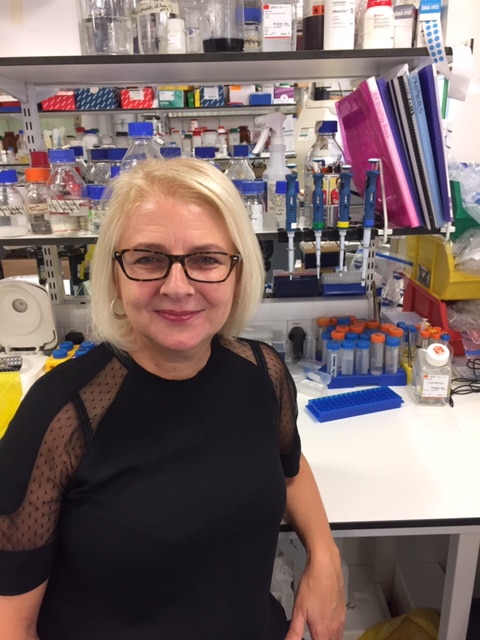Creating without limits: artistic expression and sight Loss
Creating without limits: artistic expression and sight Loss
Search results
Creating without limits: artistic expression and sight Loss

The team have found the cause of disease in the first ever family tree drawn up at Moorfields Eye Hospital over 35 years ago, which had remained unsolved until now.
Choroideremia is a rare genetic condition resulting in progressive sight loss in men.

A general overview of the clinical trials process and practicalities, including issues to consider if you are given the opportunity to take part.
Researchers discovered a method to reduce Luxturna injection-related inflammation, improving safety and potentially preventing chorioretinal atrophy.
The collective partnership of eight of the leading charities in the sight loss sector, known for the last three years as the VI Charity Sector Partnership, has re-launched under a new identity of the ‘Vision Partnership’ with a re-invigorated purpose and new strategic focus.

We can provide all the support your organisation needs to work with us; from ideas to practical support and materials. The Retina UK team will help your contribution be as fun and rewarding as possible.
Retina UK is delighted that the Scottish Medicines Consortium (SMC) has accepted the gene therapy Luxturna (voretigene neparvovec) for ongoing use by the NHS in Scotland.
A recently published study has described numerous disease mechanisms that appear to be common across different types of inherited sight loss, suggesting that there is significant potential for drug treatments that could work regardless of the underlying causative gene.